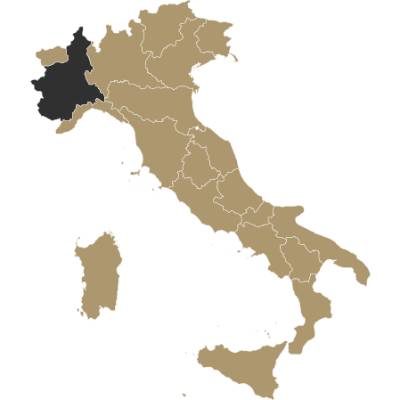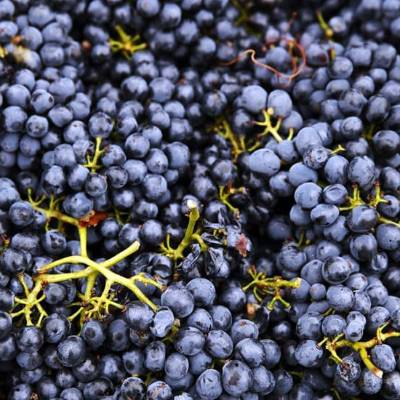The cru vineyards of Ravera are lauded as Barolo's top sites for complex, powerful, long-lived Nebbiolo wines. Known for vibrancy, middle-weight depth and rigidity in youth, wines from Ravera are ideal for cellaring because of the vineyard’s soil, which is made up of clay and sand and is especially rich in iron. This lends the wine a high degree of acidity, more so even than other Barolo. It’s like a time capsule for grape juice — a bottle of Ravera can last seemingly a lifetime.
This is top flight wine at an accessible price (compared to classed growth Bordeaux or Napa Valley). I recently sat for an hour enjoying a single glass. The aromas unravelled, the first sense was rich, concentrated wild berries and cherry. Over time the nose revealed scorched earth, tobacco and roasted coffee.
The first mouthful was warm and reassuring. There are big tannins here, the wine will be better decanted and given time to breathe. The initial sense is of bright red fruit - strawberries, cherries and wild berries. Then there is a smooth dark chocolate undercurrant punctuated with vanilla and spice. The finish is incredibly long, giving you plenty of time to reflect on the wine.
This would pair wonderfully with game or any red meat.
Giribaldi wines are a family affair, they are made by Mario Giribaldi, the third generation of the family. His wines are a reflection of the people who make it, those who work in the vineyard under the all-day sun, or in the cold winter snow. Those who work all day and night in the winery during the harvest to watch the wine slowly transform, those who dress the bottle and look after its image, those who are ambassadors and pass on the passion of those who made it.
The Giribaldi winery began at the beginning of the 20th century and has been producing wines for three generations. In those days, times were hard, and agriculture was not only a means of income but also a real pride for those who loved their land even though it made them suffer so much. It was normal for them to make sacrifices for the land they were brought up on.
















